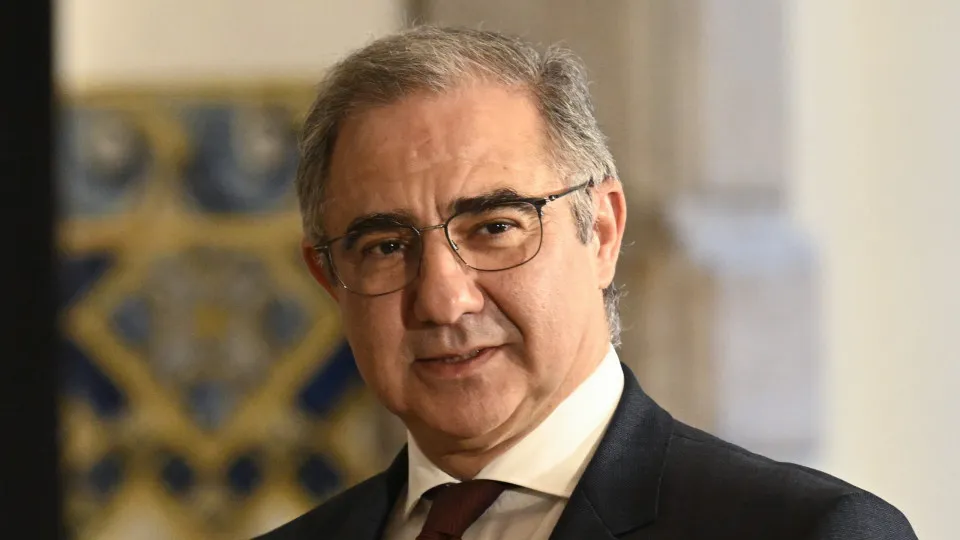
“The Azores are committed to fulfilling the Sustainable Development Goals (SDGs), with an awareness of their importance for the region’s economic and social development,” stated José Manuel Bolieiro, in a press release from the regional coalition government.
The President of the Azores Government received a delegation of World Bank executives today at the Palácio de Sant’Ana in Ponta Delgada, São Miguel Island, during their official visit to the region.
According to the release, the meeting was also attended by the Regional Secretary of Finance, Planning, and Public Administration, Duarte Freitas, and the Regional Secretary of Tourism, Mobility, and Infrastructure, Berta Cabral.
José Manuel Bolieiro emphasized the importance of international cooperation, highlighting that the effort to meet the SDGs also contributes to the external projection of the archipelago.
“We fulfill these goals not only for the benefit of the Azores but also to enhance the region’s prestige in the face of the major global challenges the planet faces,” he noted.
The two-day visit by World Bank officials to São Miguel Island focused on “Energy transition and the sustainable use of marine resources in promoting growth in coastal areas.”
The main goal “was to closely observe the best practices already implemented by the Azores Government in the fields of sustainability, the blue economy, tourism, and energy transition,” the coalition executive pointed out in the note.
World Bank executives Miguel Coelho and Zarau Kibwe acknowledged the value of the ongoing initiatives in the Azores and expressed the institution’s willingness to share knowledge and experiences.
Both “emphasized that the exchange of best practices is an essential tool to strengthen cooperation among different regions of the world,” it was noted.
The SDGs are 17 targets established by the United Nations General Assembly in 2015, compiled in the so-called 2030 Agenda.
The 17 SDGs are divided into 169 items aimed at addressing the needs and aspirations of the current generations without compromising the ability of future generations to meet their own.




